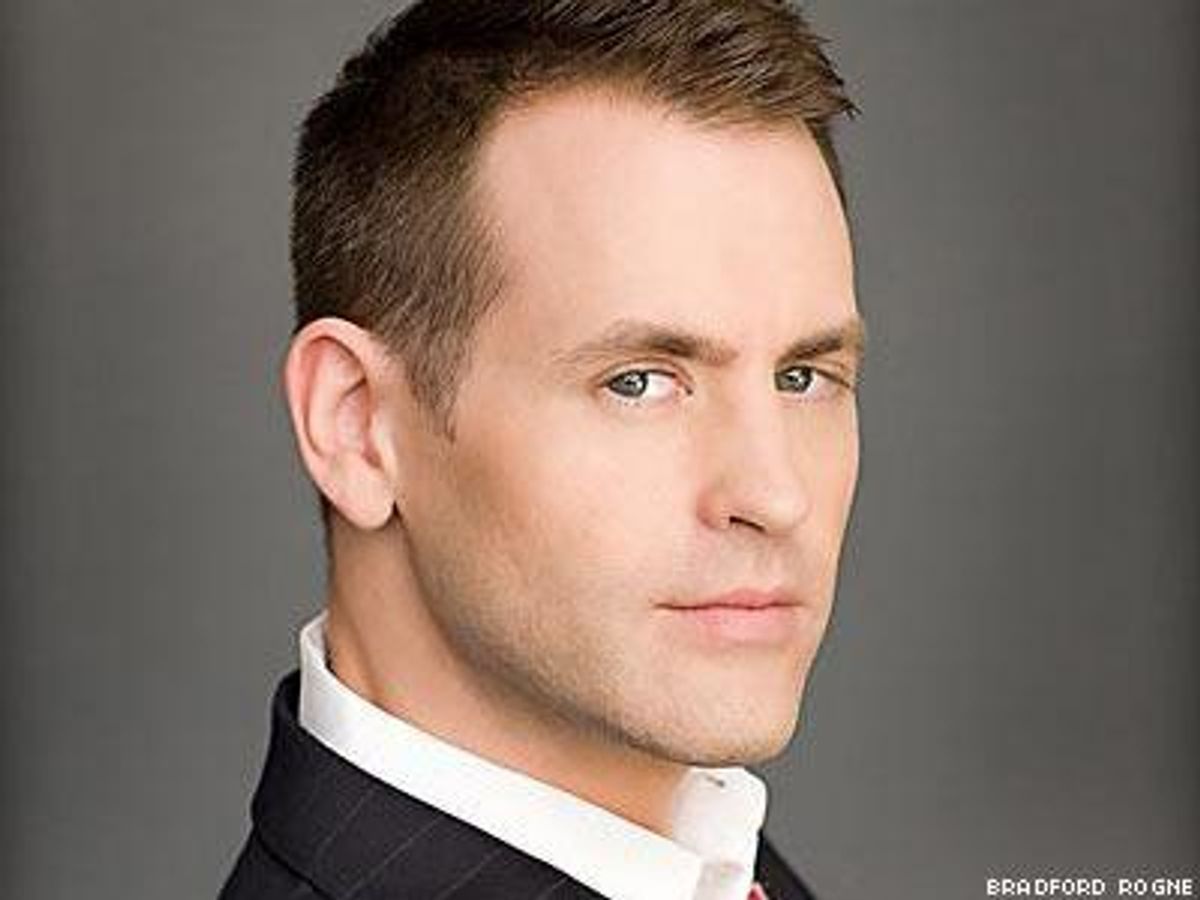Big changes are afoot. The Advocate, after several years away, is returning to the newsstand and will now be publishing bimonthly. Our media landscape is changing, and The Advocate has always changed with the times to offer our readership the content they desire in the format most befitting that content.
Longtime readers will know that the daily news cycle has moved the most urgent stories of importance to LGBT people to Advocate.com, where our team of knowledgeable and tireless reporters does a phenomenal job bringing those current events to our ever-growing online readership. The production cycle of print magazines doesn't allow for breaking news; it's evidenced by the fact that I'm composing this letter for the February/March 2013 issue to you on December 10, 2012. So, as we have long done, we adapt.
The issue you're now reading is the first in this new bimonthly format. For each issue we promise to bring you more longer-form reporting, analysis, and opinion. Subscribers will see larger issues that examine the stories that have always been of importance throughout our 45-year history, including the struggle for equal rights and the impact of the larger culture on us and vice versa. Subscribers need not do anything, as our new double issue schedule for The Advocate will have no impact on your annual subscription period, but questions about this change can be sent to our customer service department at subscriptions@advocate.com. And nonsubscribers will once again be able to pick up copies at newsstands and in major bookstores.
Our mission also includes telling the inspirational stories of the people fighting for their own rights and for those of others, often in the face of enormous adversity. One such story that has been striking a terrifying chord with readers and Advocate editors is the harrowing crisis in Ugandan politics.
As we put this issue together, the Ugandan Parliament was once again considering the Anti-Homosexuality Bill (more commonly known as the "Kill the Gays" bill), though its unclear whether the legislation currently contains all the penalties introduced in the original bill, due to lies and obfuscation by Ugandan parliamentarians. Nevertheless the bill's intention remains clear: to intimidate, marginalize, and ultimately exterminate the LGBT people in that country. Attacks on LGBT Ugandans have already been attributed to the public debate surrounding the medieval proposal.
Uganda's elected hypocrites, touting Christian values as the reason for ordering a legal extermination of LGBT people, and the right-wing American Christians who have spoken out in support of the Ugandan leaders must be shown for the bloodthirsty thugs they are. In 2010 the odious Tony Perkins of the Family Research Council described the "Kill the Gays" bill as simply an effort "to uphold moral conduct."
In the face of life imprisonment or the death penalty for those convicted of engaging in same-sex relationships, the Ugandan activists who are depicted in a portfolio by photographer D. David Robinson ("We Are Here") are a display of incredible integrity and bravery. As a staff, we discussed at length the potential ramifications of publishing the names and photos of LGBT people still in Uganda and whether we were endangering them by doing so. But we have decided to publish them, in pursuit of our mission of furthering equality and helping those activists achieve their aims. Those aims, in part, are to demonstrate that LGBT people truly do exist in Uganda and that they insist, despite the dangers, on being treated as human. They, more than anyone, understand the risks they undertake by being so open.
Their strength of character is amazing, and those photos display incredible courage. We hope for their continued security and the furtherance of their goals.


















































































Here's our dream all-queer cast for 'The White Lotus' season 4